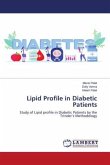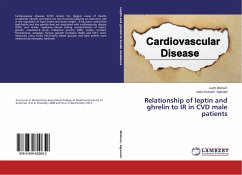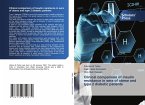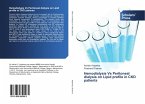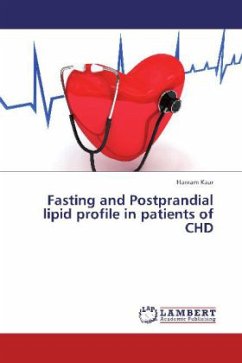Insulin resistance is not simply a problem of deficient glucose uptake in response to insulin, but a multifaceted syndrome that increases significantly the risk for cardiovascular disease. The links between insulin resistance and the associated dyslipidemia, hypertension, hypercoagulability, and atherosclerosis are numerous and complex.The dysregulation of fatty acid metabolism plays a central role in the development of this phenotype. Thus, the association between insulin resistance and dyslipidemia is clearly initiated by increased FFA release from, or defective uptake of FFAs into, adipocytes. Our findings show that insulin resistance is the underlying defect leading to diabetes and cardiovascular diseases. These have implications for the development of better targetted preventions and treatment strategies. Furthermore it will justify the development of drugs aimed at improving insulin sensitivity.
Hinweis: Dieser Artikel kann nur an eine deutsche Lieferadresse ausgeliefert werden.
Hinweis: Dieser Artikel kann nur an eine deutsche Lieferadresse ausgeliefert werden.


